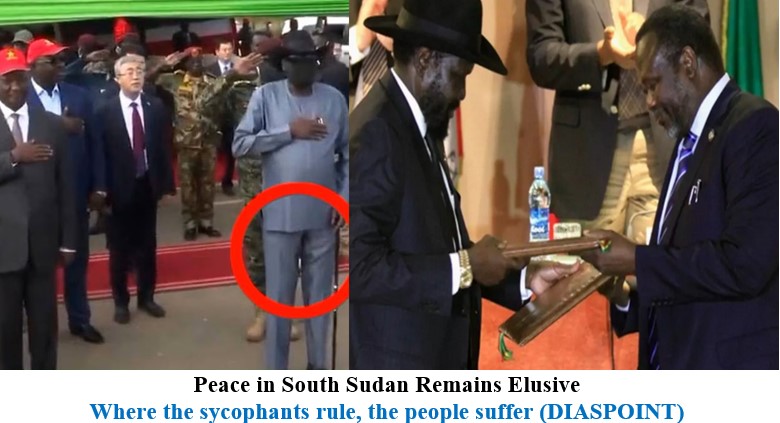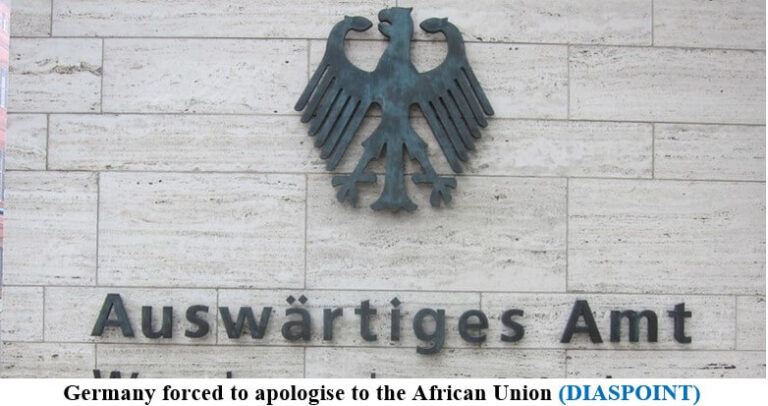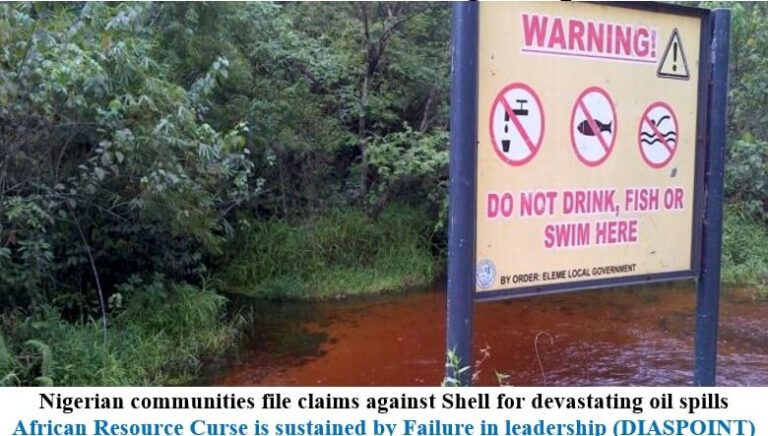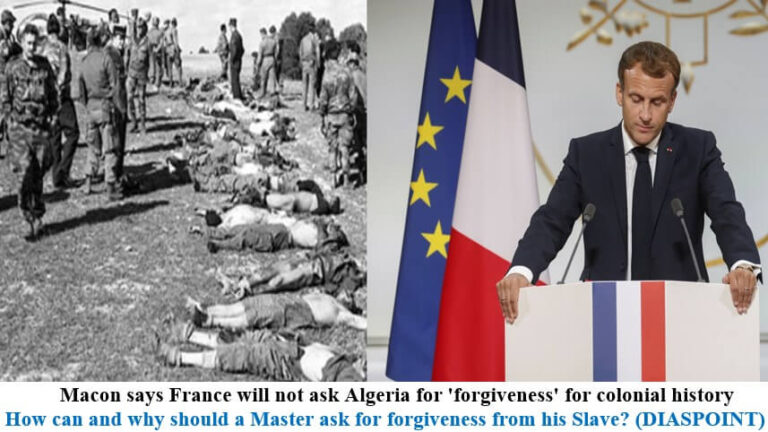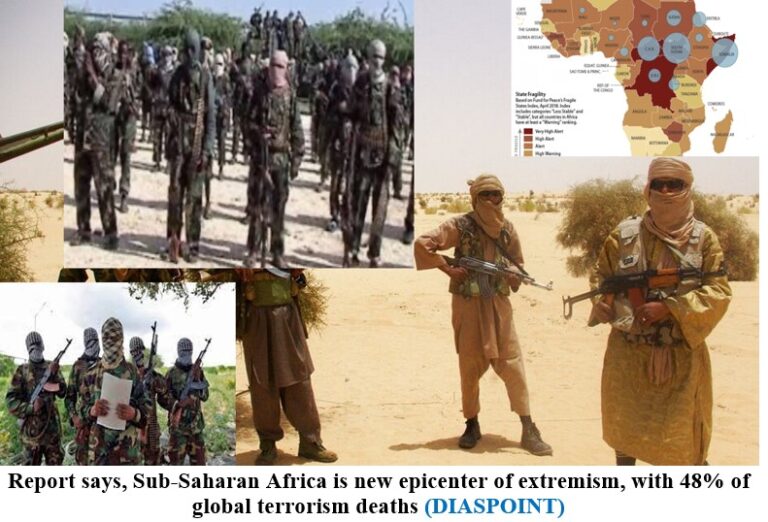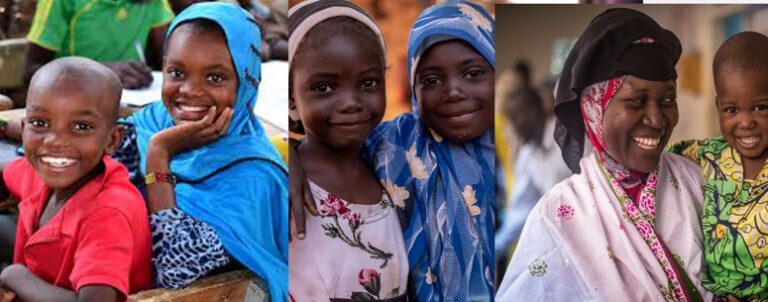Peace in South Sudan Remains Elusive
South Sudan’s First Vice President Riek Machar has said peace in the country remains “elusive”, citing the slow pace at which the 2018 revitalized peace agreement is being implemented by the parties.
He was speaking at a prayer service held in the capital, Juba on Saturday.
The armed opposition (SPLM-IO) leader said the peace deal that led to the formation of a coalition government, appointment of a unified military command and deployment of forces has not changed much on ground.
“We told our people on 31 October 2018 at the mausoleum that peace has come but for me, this peace remains elusive because we still have IDPs [internally displaced persons) and refugees yet to return to homes,” he said.
Machar urged church leaders and the government to spearhead the dissemination of the peace deal and to reconcile citizens in the country.
“Let us reconcile first in the church before moving to those involved in inter-communal violence,” he further explained.
The First Vice President appealed to church leaders to organize prayers inside the protection camps to preach peace and reconciliation to IDPs.
“We still have intercommunal violence because the message has not properly reached our people. However, with this pilgrimage [of the Pope], we should kick off the dissemination of the agreement to our people on the ground, in protection of civilian sites and refugee camps,” he stressed.
The first vice president appreciated the leadership of the Presbyterian Church for their continuous preaching for peace and unity in the country.
The Archbishop of Canterbury, Justin Welby called on political and church leaders to be generous and preach God’s words to the people they lead.
“We need leaders who care about the values by which our country lives and who care about the conditions in which people live and to act unto their faith in work among the most vulnerable and marginalized,” he said.
South Sudan broke away from neighbouring Sudan in 2011, but plunged into civil war in December 2013 with ethnic groups turning on each other. Despite a 2018 peace agreement between the two main antagonists, spells of inter-ethnic fighting have continued to kill and displace large numbers of civilians.

